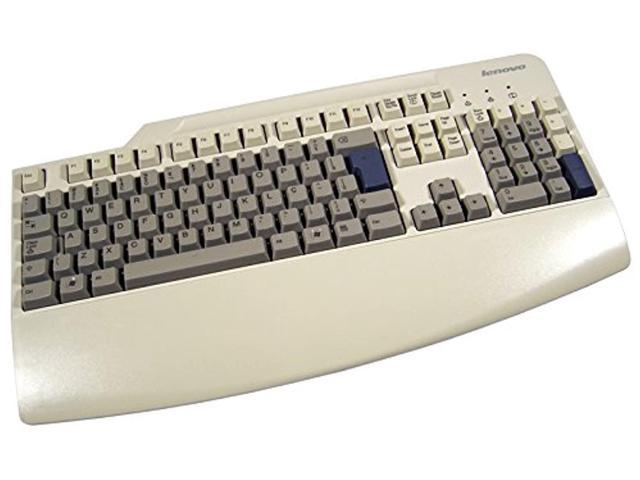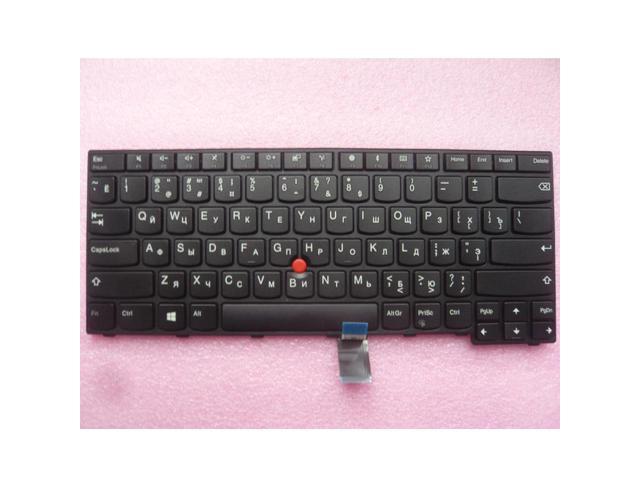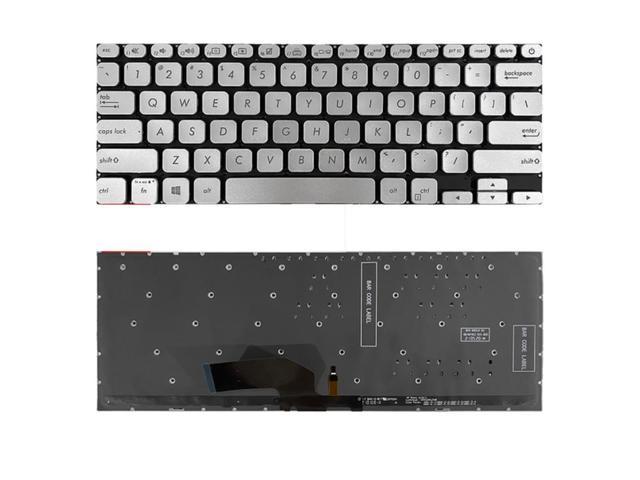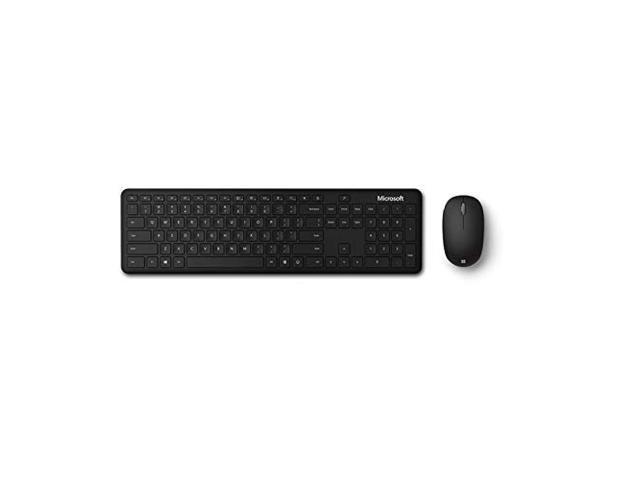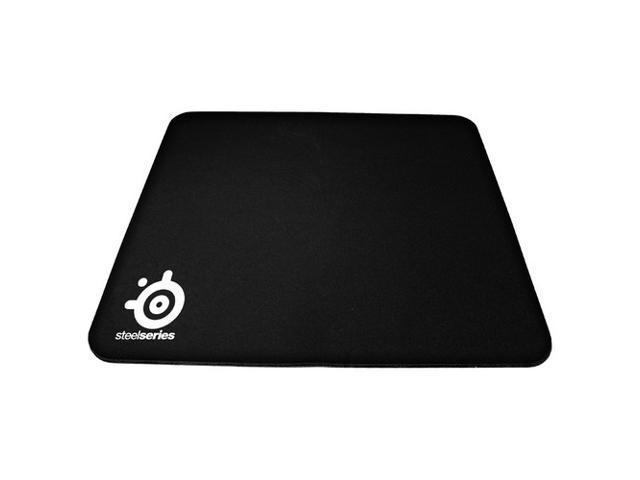(EMB). Pedal use is a fundamental part of expressive piano playing. But proper pedaling skills are not easy to acquire. Thus, it is important that piano students become acquainted with the use of the three pedals as early as possible. The stopgap Introduction to Pedaling is a collection of pieces adapted to all levels of manual dexterity, enabling learners to improve their mastery of both the musical function and technique of pedaling. The volume contains both individual and joint studies for the three pedals of modern pianos. In addition to ten selected pieces from Samuil Maykapar’’s Twenty Pedal Preludes (1937), Introduction to Pedal Studies includes keyboard music from four centuries, ranging from Johann Sebastian Bach to contemporary Hungarian composers. Pupils can thus encounter varying pedal marks from different periods. Of course, not all composers featured in the collection marked pedal use; in such cases, pedal signs were added by the editor. It is a recurrent question of interpretation whether pedals should be used in the music of earlier masters. The sound of the modern piano is far less vibrant and rich in overtones than that of the period instruments - thus, it is not Bach’’s music that necessitates pedal use so much as the piano itself.




